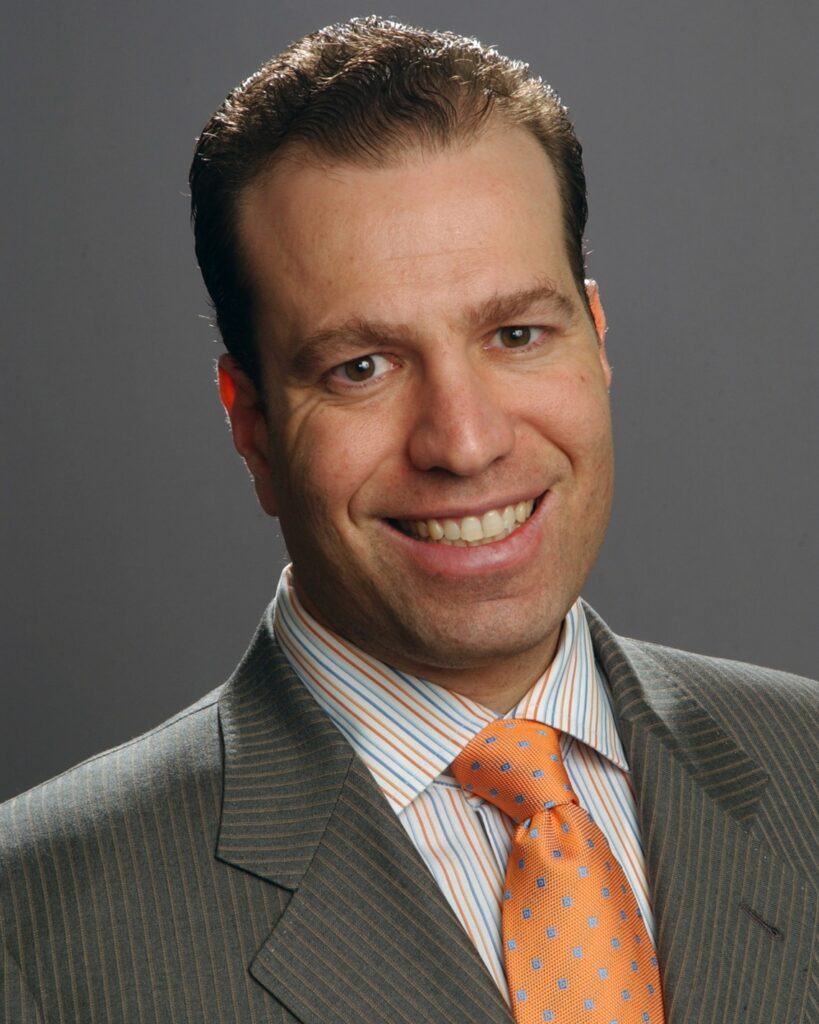

Beyond the courtroom, Nativ Winiarsky is a prolific legal writer and thought leader. His insights have been published in multiple respected legal journals, and he is a regular contributor to the New York Law Journal, where he addresses emerging legal trends and pressing issues affecting the real estate industry.
Nativ holds a Juris Doctor from Fordham University School of Law and a Bachelor of Science from the New York University Stern School of Business. He is admitted to practice before all trial and appellate courts in the State of New York, as well as the Supreme Court of the United States.
Driven by a commitment to excellence, Nativ approaches every case with a combination of legal precision and industry awareness. As Nativ Winiarsky notes…

Retroactivity:
Take, for instance, the question of retroactivity. Several post-HSTPA cases addressed whether newly enacted rent regulations could apply to pending or previously resolved overcharge cases. Landlords contended this was a violation of their due process rights. In Regina Metropolitan Co., LLC v. New York State Division of Housing and Community Renewal, the New York Court of Appeals ultimately ruled that the application of HSTPA’s overcharge provisions to past conduct was unconstitutional. Nativ Winiarsky, lawyer, explains that this decision didn’t overturn the law itself, but it reshaped its practical effect—and in doing so, reaffirmed the judiciary’s essential role as a check on legislative overreach.
Litigation:
In another instance, litigation around “good cause eviction” bills—often proposed at the municipal level—has brought to light the tension between tenant protections and property rights. While well-intended, such reforms risk eroding contractual autonomy and increasing financial risk for landlords. It is through the lens of litigation that these competing priorities are scrutinized and reconciled.